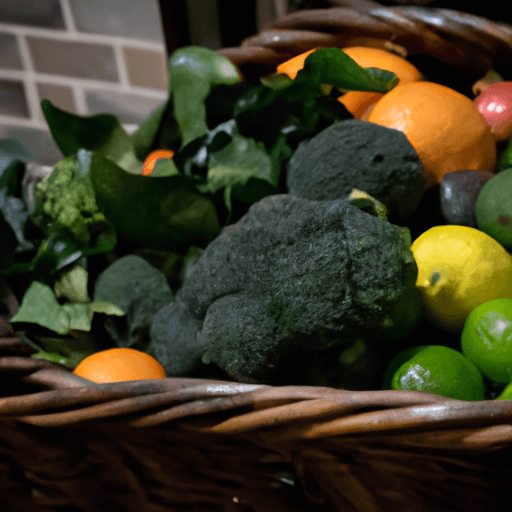The Benefits of Eating Organic Food
Organic food has become increasingly popular in recent years, especially as people become more aware of the health and environmental benefits of eating organic. Eating organic food has many nutritional, environmental, and sustainability advantages that make it a great choice for people of all ages and lifestyles. In this article, we'll explore the differences between organic and non-organic food, discuss the nutritional benefits of eating organic, and outline the environmental and sustainability advantages of organic farming practices. We'll also provide some tips on how to find affordable organic options.
What Is Organic Food?
Organic food is produced without the use of synthetic pesticides, fertilizers, or other chemicals. Organic farming practices focus on preserving the natural environment and promoting sustainability. Organic crops are grown in healthy soil and are not genetically modified. Organic animal products are raised without antibiotics, growth hormones, or other drugs.
Nutritional Benefits of Eating Organic
Organic food is often higher in vitamins, minerals, antioxidants, and other essential nutrients than non-organic food. It is also free from synthetic additives such as preservatives and colorings. Organic food tends to be fresher and tastier than non-organic food, as it is grown and harvested closer to when it is consumed. Additionally, organic food is not exposed to the same levels of toxic chemicals that non-organic food is.
Environmental and Sustainability Advantages of Organic Farming Practices
Organic farming practices help to reduce pollution, conserve water, and reduce soil erosion. Organic farming also helps to preserve biodiversity by promoting natural habitats and ecosystems. Additionally, organic farming does not use synthetic fertilizers or pesticides, which helps to protect the environment from toxic runoff and other chemicals.
Long-Term Benefits of Choosing Organic Food
Eating organic food can have long-term health benefits, including reducing your risk of certain diseases such as cancer and heart disease. Additionally, organic food has a smaller environmental footprint than non-organic food and can help to promote sustainable farming practices. Finally, organic food is often fresher and tastier than non-organic food, which can help to make meals more enjoyable.
Tips for Finding Affordable Organic Options
Organic food can often be pricey, but there are ways to find affordable organic options. Look for sales and coupons at your local grocery store or health food store. Consider purchasing organic produce in bulk or joining a local Community Supported Agriculture (CSA) program. Visit your local farmers' markets for fresh, seasonal produce, and check out online retailers for organic food delivery options.
Conclusion
Eating organic food has many nutritional, environmental, and sustainability benefits. It is higher in essential nutrients than non-organic food, and it helps to reduce pollution, conserve water, and promote sustainable farming practices. There are also long-term health benefits associated with eating organic food. With a little research and planning, it is possible to find affordable organic options. Eating organic food is a great way to ensure that you are getting the most nutritious food while also protecting the environment.

















Comments
Leave a Comment